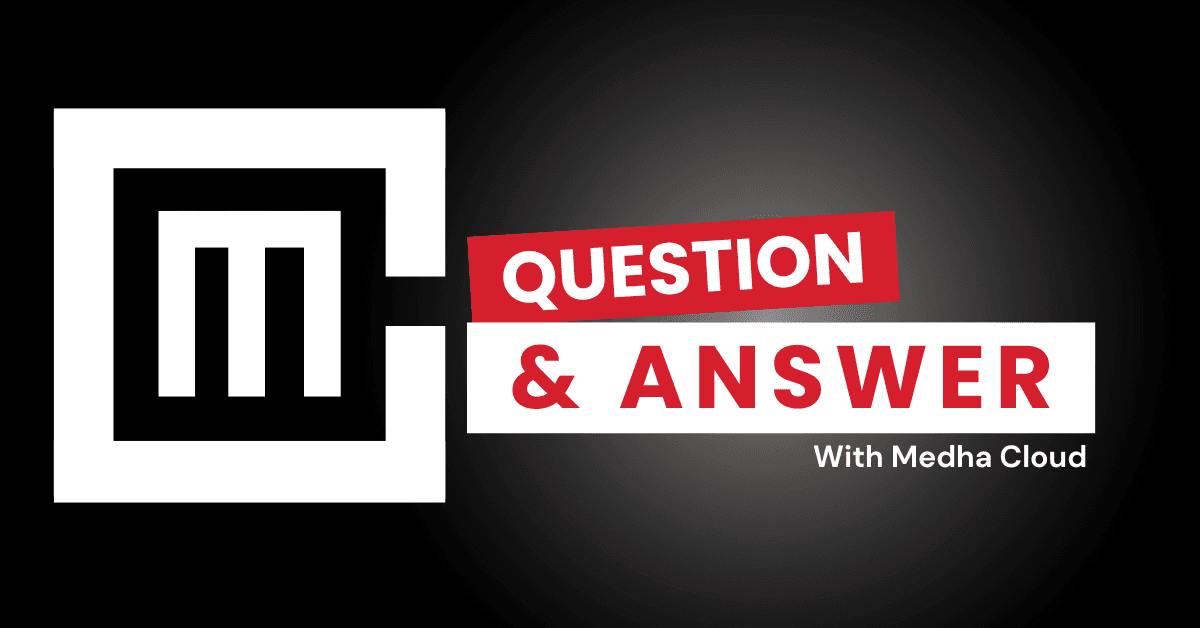Microsoft 365 Business Standard employs robust Data-encryption technologies to protect data at rest and in transit. Encryption ensures that sensitive information remains secure, even if intercepted or accessed by unauthorized parties, making it a cornerstone of Microsoft’s security framework.
Key encryption features in Microsoft 365 Business Standard
Data-encryption at rest
- BitLocker encryption: Protects data stored on Microsoft servers by encrypting disk drives where data is stored.
- Per-file encryption: Each file stored in OneDrive and SharePoint is encrypted with a unique key, offering an additional layer of security.
- Azure Storage Service Encryption (SSE): Ensures data in Microsoft data centers is encrypted before being saved.
Data-encryption in transit
- Transport Layer Security (TLS): Secures data transmitted between users and Microsoft 365 services, such as emails and file transfers.
- Perfect Forward Secrecy (PFS): Ensures that even if an encryption key is compromised, past communications remain secure.
Email encryption
- Microsoft Purview Message Encryption:
- Protects email content by encrypting messages end-to-end.
- Allows secure communication with recipients outside the organization, including those not using Microsoft 365.
- Offers options to prevent forwarding, copying, or printing of encrypted emails.
End-to-end data-encryption for Microsoft Teams
- Encrypts one-on-one Teams calls, ensuring that only the participants can access the communication.
- Teams data, including messages, files, and meetings, are encrypted both in transit and at rest.
Customer-managed keys
- Businesses can use Azure Key Vault to manage their own encryption keys for enhanced control over data security.
Secure file sharing
- Files shared via OneDrive, SharePoint, or Teams are encrypted during transfer and storage.
- Shared links can be protected with passwords and expiration dates for additional security.
Compliance-driven encryption
- Microsoft 365 Business Standard complies with global encryption standards, such as:
- FIPS 140-2: For encryption modules.
- GDPR and HIPAA: For protecting sensitive personal and health information.
- Advanced encryption tools ensure businesses meet regulatory and industry-specific compliance requirements.
How encryption enhances data security
Protects against unauthorized access
Encryption ensures that only authorized users with the correct decryption keys can access sensitive data.
Safeguards during data breaches
In the event of a breach, encrypted data remains unreadable and unusable without the associated encryption keys.
Ensures secure collaboration
Encrypted communication and file sharing allow secure collaboration both within the organization and with external partners.
Provides compliance readiness
Data-encryption features in Microsoft 365 help organizations align with legal and regulatory data protection standards.
Managing Data-encryption in Microsoft 365
- Admins can configure Data-encryption settings through the Microsoft Purview Compliance Center and Microsoft 365 Security & Compliance Center.
- Regular monitoring and reporting tools allow businesses to track Data-encryption usage and ensure compliance.
Conclusion
Microsoft 365 Business Standard integrates powerful Data-encryption features to protect data at rest, in transit, and during collaboration. These encryption measures provide businesses with a secure environment to manage sensitive information and meet compliance requirements.
Need help optimizing your data-encryption settings? Medha Cloud provides expert support to secure your Microsoft 365 environment.


